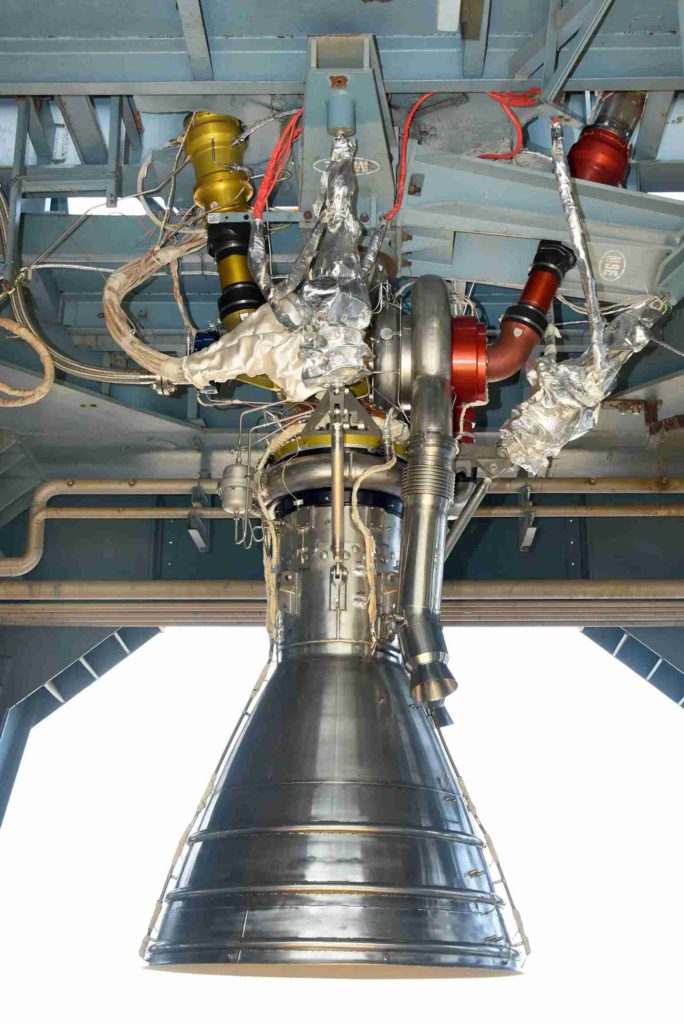INDIA: The Indian Space Research Organization (ISRO) has achieved a significant milestone in its human space flight program, Gaganyaan, by successfully completing the human-rated Vikas engine test campaign for the L110 stage.
The final long-duration hot test of the human-rated L110-G Vikas Engine was successfully conducted for the planned qualification duration of 240 seconds on April 6, 2023, at the ISRO Propulsion Complex (IPRC), Mahendragiri.

The air-lit liquid core stage of the human-rated launch vehicle (LVM3-G) is powered by two clustered L110-G Vikas engines. With the passing of this test, the engine has successfully passed all of its planned qualification tests.
The Liquid Propulsion Systems Centre (LPSC) designed and created the L110 stage for Gaganyaan, and IPRC handled its assembly, integration, and testing. VSSC created the Engine Gimbal Control system.
The pump-fed gas generator cycle in the Vikas engine runs on storable propellants. Higher structural margins for sub-systems, a better assembly procedure, and more measures for health monitoring are all features of the human-rated Vikas engine.
At the Principal Test Stand, IPRC, the human-rated Vikas Engine development hot tests were carried out in stages. Nine engines had gone through 14 hot tests totalling 1215 seconds, including four tests with a long duration of 240 seconds apiece.
The successful completion of this test marks a significant achievement in the development of the LVM3-G rocket and the human spaceflight program. The engine qualification involved testing under extreme operating conditions, including off-nominal mixture ratios and thrust level conditions, compared to flight operating conditions.
Four sets of hardware were created for this test program at different Indian enterprises. The test also qualified the multiple-redundancy electro-mechanical Gimbal actuators and Command System module for engine pilot pressure control. Within just three years, ISRO was able to complete the qualification of the L110-G Vikas engine for human use.
The test was witnessed by the Chairman of ISRO/ Secretary DoS, Shri S Somanath, Director of LPSC, Dr V Narayanan, Director of VSSC, Dr S Unnikrishnan Nair, Director of IPRC, Shri J Asir Packiaraj, and other functionaries.
In conclusion, the successful completion of the human-rated Vikas engine test campaign is a significant milestone for ISRO in its human spaceflight program.
This accomplishment is a testament to the dedication and hard work of the ISRO team, and it demonstrates India’s continued commitment to the exploration of space.
The successful development of the LVM3-G rocket and human-rated Vikas engine will pave the way for future human spaceflight missions and help India establish itself as a key player in the global space race.
Also Read: NASA to Announce Names of Astronauts Leading Artemis-II Mission to Orbit the Moon

